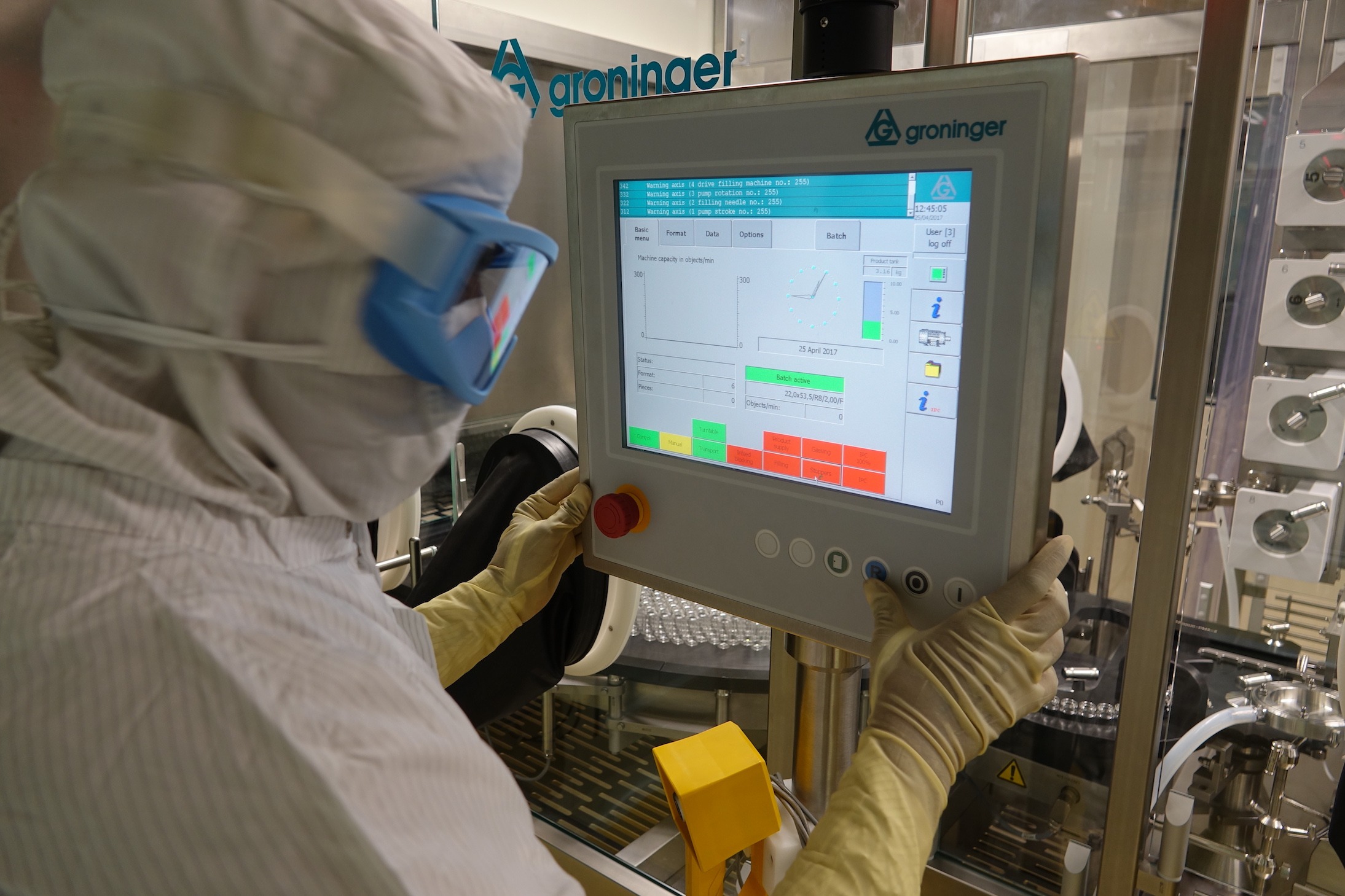Press Release

Sun Pharma receives DCGI approval for Molxvir® (Molnupiravir) in India
Press Release

Sun Pharmaceuticals announces approval of Winlevi® in Australia
The Sun Story
Watch the inspiring growth story of Sun – from humble beginnings in 1983 with just 2 employees and 5 psychiatry products to becoming the 4th largest global generic pharmaceutical company, selling over 2000 products in over 100 countries.
SunPharma on Twitter
Find out more

Innovation
Science is at the heart of Sun Pharma. Our scientists work closely with doctors, patients, and business development teams, to generate innovative concepts and ideas to harness market needs and synergies across therapeutic areas.

Quality
Our vision is to globalize, harmonize and simplify GxP processes to achieve a sustainable quality culture.

Careers
We hire exceptionally talented individuals, and ensure they are nurtured professionally. Our multi-dimensional work environment offers high growth opportunities through challenging roles with clear responsibilities.

Responsibility
Our CSR efforts are focused on serving and helping needy and underprivileged communities. Our priority areas include: health, education, drinking water and sanitation.
